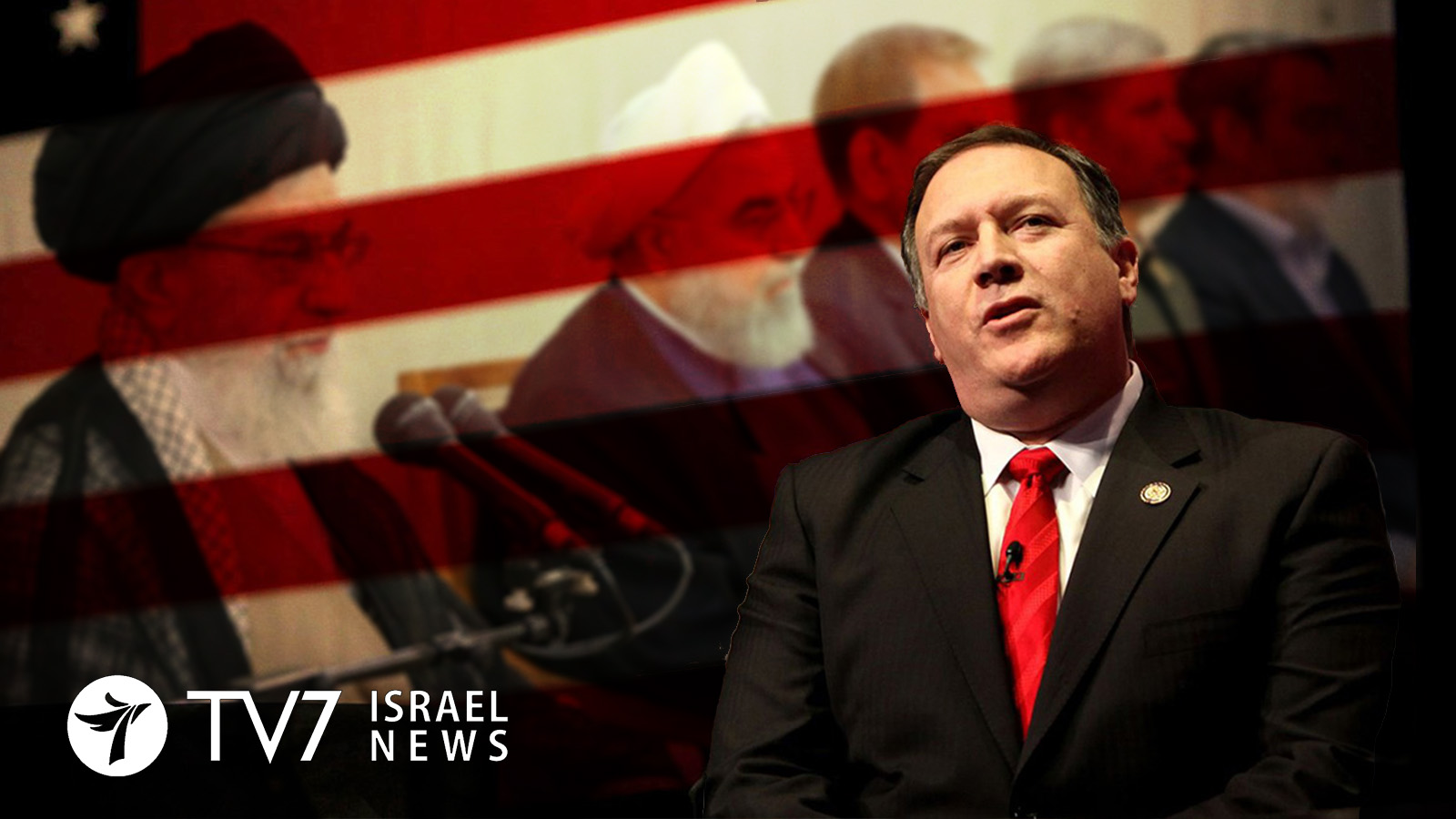U.S. Secretary of State Mike Pompeo urged the international community to work together with the United States to thwart the Islamic Republic’s malign activities, which according to the top American diplomat, has brought about “devastating humanitarian consequences.”
Speaking at a United Nations Security Council session on Middle East peace and security challenges, Secretary Pompeo singled out Iran as the main instigator of regional instability, while accusing the Ayatollah regime of fully investing in a campaign of “extortion diplomacy.” He said: “The Islamic Republic of Iran and its proxies continue to foment terror and unrest in Iraq, Lebanon, Syria, and Yemen, with devastating humanitarian consequences. Since the United States declared our intention to bring all Iranian oil purchases to zero in April, the Ayatollah has gone all in on a campaign of extortion diplomacy.”
The main publicly-acknowledged reason for Pompeo’s U.N. Security Council appearance came in light of the nearing expiration-date of a U.N.-imposed arms embargo on Iran, as well as travel restrictions on key Islamic Revolutionary Guards figures. As such, the American Secretary of State urged world nations to work out how to stop Iran from being – what he termed as: “unshackled to create new turmoil.” The American diplomate stated “We are already tracking very closely the JCPOA provisions expiring in October of 2020 – namely, the UN arms embargo and the travel restrictions on Qassem Suleimani. The whole world is able to track them, too. We now have a countdown clock on the State Department’s Iran webpage. Time is drawing short to continue this activity of restricting Iran’s capacity to foment its terror regime. The international community will have plenty of time to see how long it has until Iran is unshackled to create new turmoil and figure out what it must do to prevent this from happening.”
It is important to note that despite Washington’s efforts; the council has not – and most likely will not- take any action against Iran. European powers have been scrambling to salvage the faltering nuclear deal, while diplomats claim that Russia and China are likely to shield the Islamic Republic from any action.
Elsewhere in New York; U.S. Special Representative for Iran and Secretary Pompeo’s senior Foreign Policy Adviser Brian Hook announced in a press briefing that ‘in-light of repeated refusals by the Ayatollah regime to negotiate’, the United States will once again ratchet-up its economic sanctions with the aim of driving-up the costs of Iran’s malign behavior. According to Hook, “Iran over the last few months has rejected diplomacy too many times; and as a consequence, we are focused on intensifying our economic pressure campaign to drive up the cost of Iran’s malign behavior.”
Meanwhile in Canberra, Australia, Australian Prime Minister Scott Morrison announced that his country’s navy will join the U.S.-led coalition, to assure freedom of maritime navigation in the Strait of Hormuz. During a special press conference, the Australian Prime Minister announced his government’s decision, which he underscored ‘is an enhancement of existing and longstanding Australian contributions to counter terrorism and piracy.’ He said: “The government has decided that it is in Australia’s national interest to work with our international partners to contribute to an international maritime security mission, know as the International Maritime Security Construct, the IMSC in the Middle East. This will be an enhancement of existing and long-standing contribution to counter piracy and counter terrorism missions in the waters of the Middle East, Africa, and South Asia.”
Prime Minister Morrison emphasized that his government’s decision came in light of Iran’s destabilizing behavior, which poses a direct threat to Australian interests in the region. He explained: “This destabilizing behavior is a threat to Australian interests in the region, particularly our enduring interest in the security of global sea lanes of communication. Fifteen to sixteen percent of crude oil and twenty-five to thirty percent of refined oil destined for Australia transits through the Sraits of Hormuz. So, it is a potential threat to our economy.”
Morrison did stress, however, that Australia’s involvement with the U.S.-led naval coalition will be limited in both scope and duration.
